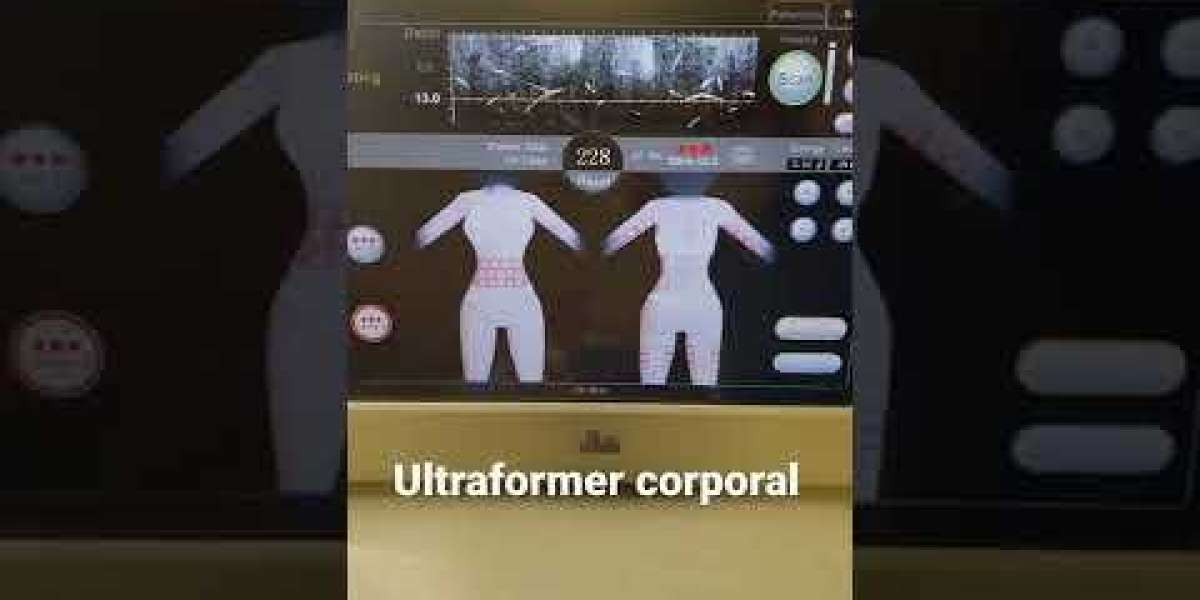Introduction
In the realm of nursing, patient-centered care stands as a cornerstone for ensuring quality healthcare outcomes. As nursing practices continually evolve, the significance of comprehensive assessments cannot be understated. This article explores the significance of NURS-FPX 4010 Assessment 2 in enhancing patient-centered care. This assessment equips nurses with the tools to provide holistic care that addresses not only physical health but also emotional and psychological well-being.
Understanding NURS-FPX 4010 Assessment 2
NURS-FPX 4010 Assessment 2 is a pivotal component of the nursing curriculum, designed to cultivate the skills essential for delivering patient-centered care. This assessment focuses on honing the nurse's ability to conduct thorough patient assessments, enabling them to identify individual needs and tailor care plans accordingly. By delving into the specifics of this assessment, nurses develop a deeper understanding of patients beyond their medical conditions.
The Core of Patient-Centered Care
Comprehensive Physical Assessment: NURS-FPX 4010 Assessment 2 emphasizes the importance of a detailed physical assessment. Beyond recording vital signs, nurses are encouraged to engage in active observation, noting subtle changes that might indicate shifts in the patient's condition. This holistic approach facilitates early detection of potential complications, leading to prompt interventions.
Psychosocial Evaluation: Patients are more than their medical records. By recognizing the impact of psychosocial factors, nurses gain insights into a patient's emotional state, cultural background, and personal preferences. This information helps in creating an environment where patients feel understood, valued, and respected.
Effective Communication: Communication lies at the heart of patient-centered care. Assessment 2 highlights the significance of active listening and clear communication. Nurses trained under NURS-FPX 4010 learn how to ask open-ended questions, allowing patients to express their concerns and expectations openly.
Keywords in Action: NURS FPX in Real Scenarios
Case Study: Mrs. Anderson Mrs. Anderson, an elderly patient, presents with chronic pain. Through NURS-FPX 4010 Assessment 2, the nurse not only evaluates her physical discomfort but also delves into her emotional well-being. This approach reveals that Mrs. Anderson's pain is causing feelings of isolation, significantly impacting her quality of life. By addressing her emotional concerns, the nurse enhances the effectiveness of pain management strategies.
Case Study: Jake Jake, a teenager admitted for asthma exacerbation, is unresponsive to standard treatments. NURS-FPX 4010 Assessment 2 guides the nurse to explore Jake's interests and lifestyle. Discovering his passion for sports, the nurse incorporates this knowledge into his care plan. By discussing how asthma management aligns with his athletic aspirations, Jake becomes more engaged in his treatment, leading to improved outcomes.
Conclusion
NURSFPX is a transformative element in nursing education. Through this assessment, nurses are equipped with the tools to deliver patient-centered care that transcends the physical realm. By understanding patients holistically and incorporating their preferences, nurses elevate the quality of care provided. The skills developed through NURS-FPX 4010 Assessment 2 empower nurses to not only heal bodies but also touch lives, fostering a healthcare environment built on empathy and collaboration.








